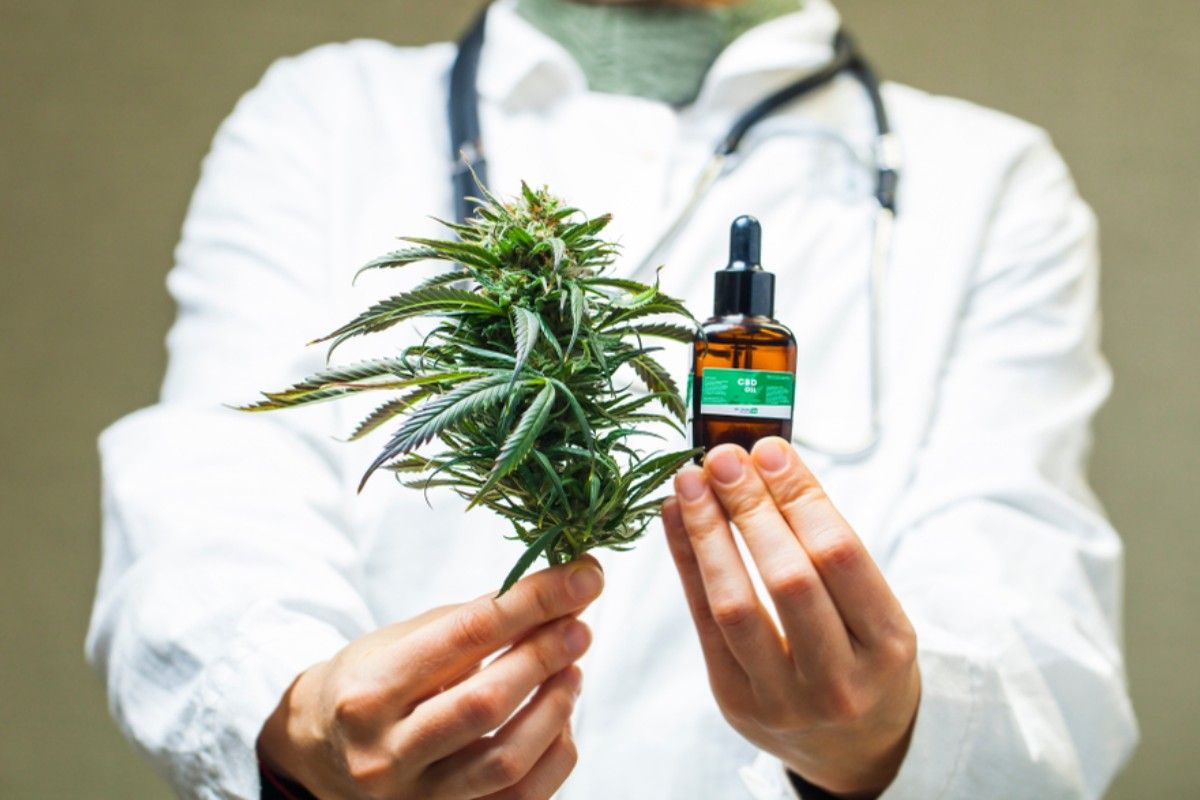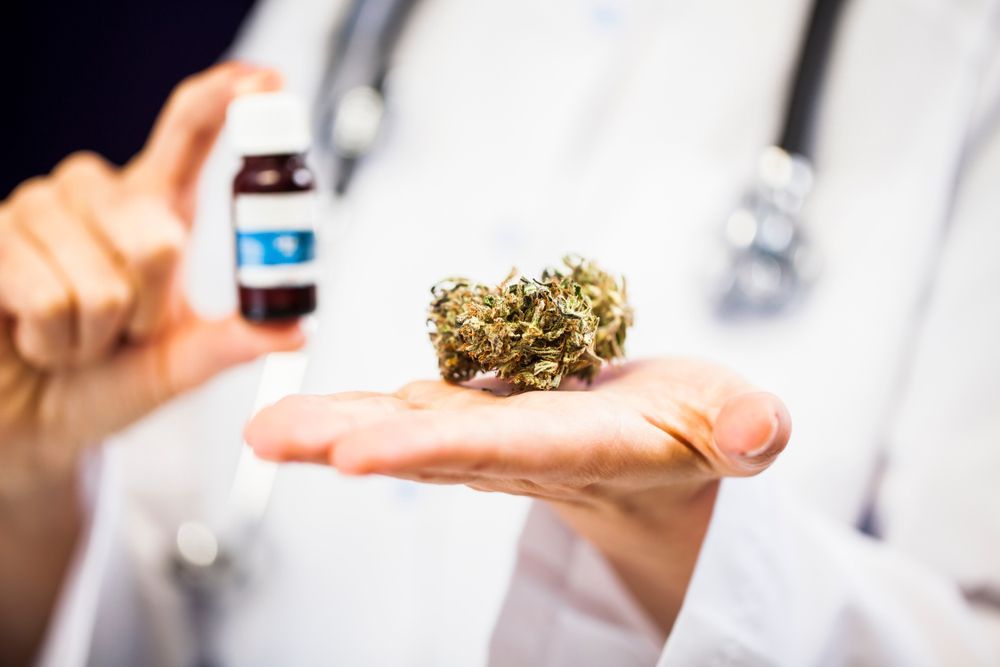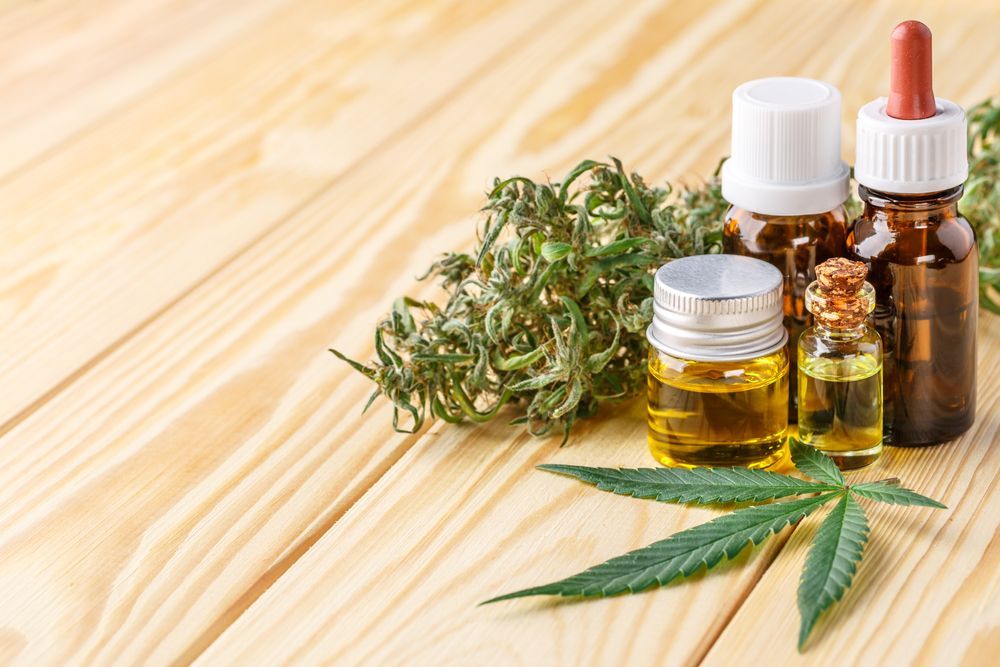Comprehensive Guide to Cannabinoids for Pain Management: Free Consultation Available
Cannabinoids, natural compounds found in the cannabis plant, are gaining attention for their potential in managing pain. This topic is crucial for patients with chronic pain who seek alternatives to traditional painkillers. Our medical cannabis clinic offers free consultancy services to help patients explore this option safely and effectively.
What are Cannabinoids
Cannabinoids are chemical compounds found in the cannabis plant that interact with the body's endocannabinoid system. This system plays a role in regulating pain, mood, appetite, and other functions. The two primary cannabinoids are THC (tetrahydrocannabinol) and CBD (cannabidiol), each with distinct effects. Unlike traditional pain management options, cannabinoids offer a natural alternative with potentially fewer side effects.
Types of Pain Managed by Cannabinoids
Cannabinoids are versatile in their ability to manage various types of pain, making them a valuable option for many patients. They are particularly effective for chronic pain, which persists for months or even years and is often resistant to other treatments. Neuropathic pain, caused by nerve damage and often described as a shooting or burning sensation, can also be alleviated with cannabinoids.
Cancer patients benefit from cannabinoids not only for pain relief but also for reducing nausea and improving appetite. Those with arthritis find relief from joint inflammation and pain, while migraine sufferers can experience fewer and less severe headaches. Additionally, cannabinoids are useful for managing post-surgical pain, helping patients recover more comfortably.
How Cannabinoids Work for Pain Management
Cannabinoids relieve pain by interacting with the body's pain receptors. THC binds to these receptors, altering pain perception, while CBD may reduce inflammation and alleviate pain without the psychoactive effects. Scientific studies support the effectiveness of cannabinoids in pain relief, though more research is needed to fully understand their potential.
Methods of Using Cannabinoids
There are several ways to use cannabinoids, each with its own set of benefits and drawbacks. Smoking and vaping provide the fastest relief, as cannabinoids enter the bloodstream directly through the lungs, but they may pose respiratory risks. Edibles, such as gummies and baked goods, offer longer-lasting effects but take longer to kick in since they must be digested first.
Tinctures and oils, taken sublingually, offer a balance with relatively quick onset and controlled dosing. Topical applications, like creams and patches, are excellent for localized pain, as they can be applied directly to the affected area. Capsules and tablets provide a convenient and discreet way to consume cannabinoids, with consistent dosing and no need for inhalation.
Benefits of Using Cannabinoids for Pain Management
Using cannabinoids for pain management offers several unique advantages over traditional pain medications. As natural compounds, cannabinoids such as THC and CBD provide an alternative that can help reduce dependence on opioids, which are known for their high risk of addiction.
Cannabinoids have been shown to effectively alleviate pain with fewer side effects, such as nausea and constipation, often associated with conventional painkillers. Additionally, patients using cannabinoids for pain relief often report an overall improved quality of life, including better sleep and mood, as they manage their pain more effectively and naturally.
Potential Side Effects and Risks
While cannabinoids can be an effective pain management option, they do come with potential side effects and risks. Common side effects include dizziness, dry mouth, and changes in appetite or mood. Some users may experience altered mental states, particularly with higher doses of THC. Long-term use of cannabinoids is still being studied, but there may be concerns about dependency and the impact on mental health.
Additionally, cannabinoids can interact with other medications, potentially altering their effectiveness or causing adverse reactions. Therefore, it's crucial for patients to consult with a healthcare provider before starting cannabinoid treatment to ensure it's safe and appropriate for their specific health conditions and medications.
Legal Status and Accessibility
The legal status of medical cannabis varies by region. In some areas, it is fully legal, while in others, it may be restricted or illegal. Patients need to understand local laws and obtain a medical cannabis prescription if necessary. Medical cannabis clinics can provide guidance and access to legal cannabis products.
Our Free Consultancy
Consulting with a medical cannabis expert can provide tailored advice and ensure safe use. Patients can expect a thorough evaluation, personalized treatment plan, and ongoing support. Contact our clinic to schedule a free consultation and explore how cannabinoids can help manage your pain.
Conclusion
Cannabinoids offer a promising alternative for pain management with numerous benefits and some risks. Patients are encouraged to seek personalized advice through our clinic's free consultancy services to explore this option safely and effectively.









